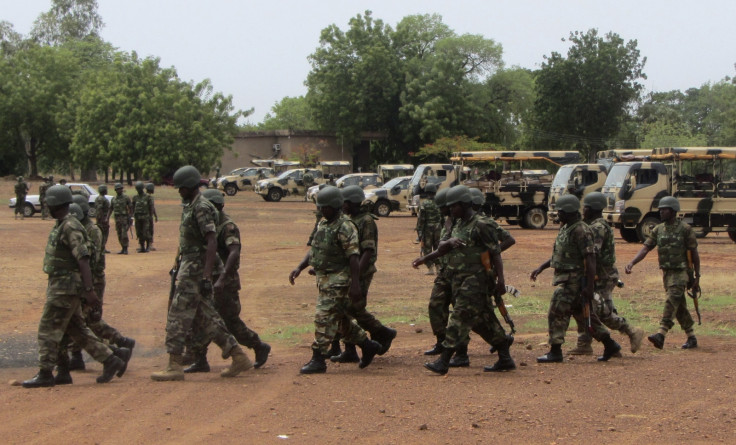Nigeria election postponed: Orchestrated delay or much-needed strategy to halt Boko Haram?

The upcoming Nigerian presidential election, which was due to be held on 14 February, has been postponed by six weeks on the grounds that security could not be guaranteed throughout the country.
The Independent National Electoral Commission (INEC) said the postponement was decided following advice from the country's security chiefs who warned that the safety of civilians and free and credible elections could be jeopardised.
The delay has drawn criticism from several countries, including the US, which accused the current Nigerian government led by President Goodluck Jonathan of using security concerns to "impede the democratic process".
The postponement is an example of Nigeria's corruption
According to Pastor Laolu Akande, executive director of the Christian Association of Nigerians and Americans (Canan), the postponement was orchestrated by Jonathan, who allows "the military to get involved in political matters".
Speaking to IBTimes UK, Akande said: "The election was set by law a long time ago and the delay shows clearly that there is something beyond what we are told.
"This is an orchestrated development because in a democratic setting, military and security forces are subjected to civilian authority and cannot decide whether to halt an election.
"We believe that the president has an influence on the military and asked them to say that security cannot be provided in a bid to slow down the momentum, hoping that the opposition will lose votes.
"By doing so, the president is inviting the military to get involved in political matters; another example of how corrupted the country is and why so many Nigerians are asking for changes."
Delay of Nigeria election much needed
However, Clayton Sharb, president of the Alexander Hamilton Society and writer for The Algerian newspaper, thinks that the election postponement was the right thing to do "with so much at stake both domestically and globally".
Sharb believes that the vote was delayed due to multiple reasons, the first of which was the failure to distribute voter cards to all the Nigerian electorate.
"With only seven days until the originally planned election this reality was becoming the elephant in the room," he told IBTimes UK.
"Another reason is the hope that the newly assembled African Union (AU) multinational fighting force - including troops from Nigeria, Chad, Benin, Cameroon, and Niger - will quickly and forcefully secure key terrain in terror group Boko Haram's illegitimate territory in the north-eastern corner of Nigeria," he continued.
"The African Union multinational force is a much-needed aid to the region, but to think that they will win a territorial war against Boko Haram in six weeks or less to allow the election is ludicrous."
Many have argued that Boko Haram's insurgence - which has killed thousands in northern Nigeria where three states have been under state of emergency since 2013 - has increased chances for Jonathan to be re-elected as many supporters of his main rival, former general Muhammadu Buhari, are currently displaced and thus unable to vote.
However, the six week delay along with the AU intervention could bring about a different outcome during the election.
"In the past weeks it has been speculated that Boko Haram may be Jonathan's greatest political tool heading into election day," Sharb said.
"The hopes are that now the AU forces can push back Boko Haram enough in the next six weeks to not only make voting in the northern regions safe, but also allow the formally disenfranchised voters to vote for their next president."
© Copyright IBTimes 2025. All rights reserved.






















